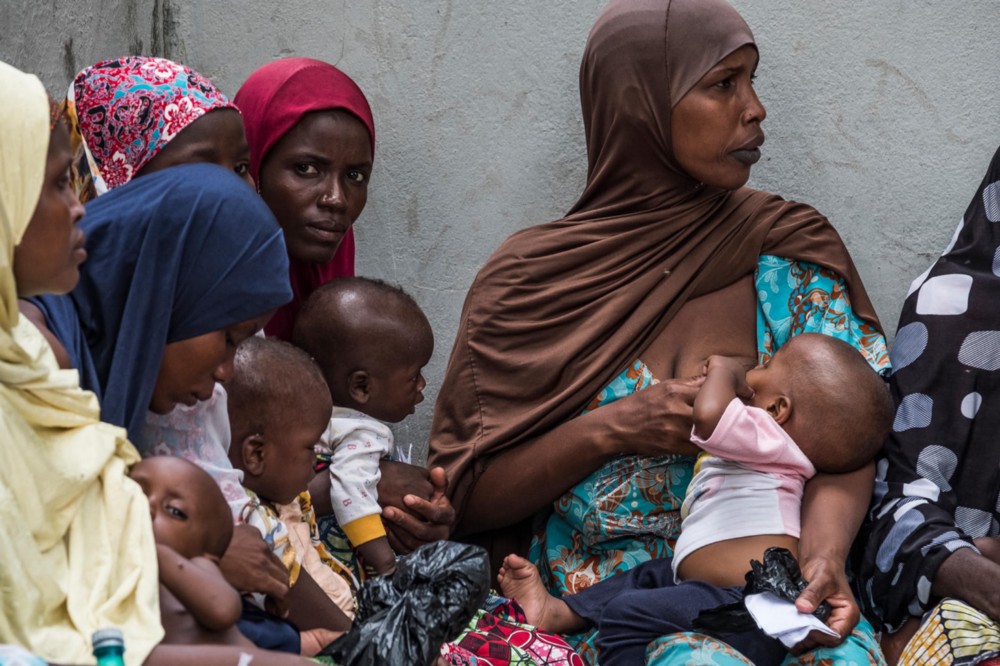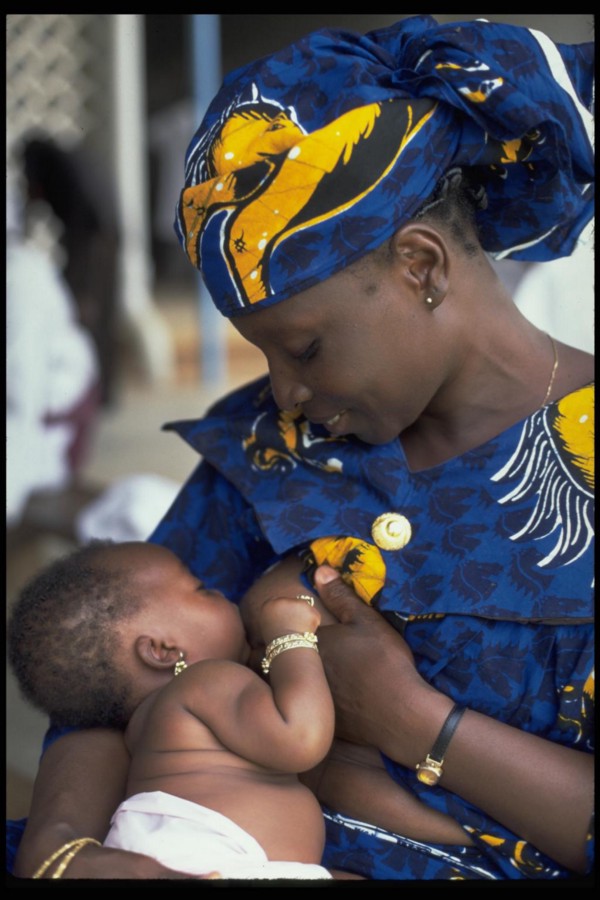Supporting Women to reach their Breastfeeding Goals
Supporting Women to reach their Breastfeeding Goals
Blog by Elizabeth Alonge, Executive Director, Child Health Advocacy Initiative, Nigeria *
Women are the most wonderful creatures on earth. A female draws out various characteristics which is different from that of a male, varying from factors such as physical, mental, biological, reproductive etc. Womanhood is the period in a female’s life after she has passed through childhood and adolescence. Women have three very important physiological functions totally absent in men. They include Pregnancy, Childbirth and Lactation. Each of these mechanisms influence the behavioral pattern of a female greatly and these mechanisms call for adequate support not just from their immediate families but also from the organizations they work for.
Research has shown that; most working women tend to resign during pregnancy or after having their babies, reason being that there are no maternal protection policies governing the organization they work for. While some women who are the financial pillars of their families resume work few weeks after child birth, leaving their newborn babies at home or at the crèche to be fed with baby formula instead of breastmilk which is ideal for the baby at this tender stage.
Also, research has shown that, for an organization to attain higher levels of innovation and creativity, it must ensure that their staff is composed of both gender for diverse talent. In other words, the role of women in an organization cannot be overlooked hence the need to support them at work place.
Protection of women at workplace has been of core importance to the International Labor Organization since its establishment. Organizations can key into this by increasing maternity leave up to six months with full payment of salary to the workers involved and also permit work from home when necessary.
Furthermore, women can be supported at workplace by establishing a creche or baby friendly room in order to support, promote and encourage exclusive breastfeeding. Exclusive breastfeeding promotes family planning, increases bonding of mother and child, reduces the risk of breast and ovarian cancer. Statistics has shown that working women do not have the opportunity to breastfeed their babies during working hours due to the absence of a creche or baby friendly room in their work place, thereby discouraging exclusive breastfeeding of babies for the first six months of life and continual breastfeeding up to two years.
In Nigeria, the current exclusive breastfeeding rate is 17 per cent. As a nutrition champion, my goal is to set up fifty breastfeeding rooms in corporate organizations in the next six months and use the media to amplify the message to promote, protect and support breastfeeding mothers. With this strategy we can raise exclusive breastfeeding rate to 50 per cent by 2025 and normalize breastfeeding in Nigeria.
Mothers who work where there is a baby friendly room deliver appropriately and render quality services with total commitment to the organization. They are also eager to get back to work and continue their career after delivery. Protecting and supporting breastfeeding mothers not only averts spending on healthcare, it can also create a healthy active workforce and increase productivity for an entire country. The new data from world bank shows that every dollar invested in nutrition can yield as much as 34 dollars in return. When mothers are adequately supported to breastfeed, the baby, mother ,family and community benefits.
According to UNICEF Baby Friendly Call to Action, 2016 “The goal of the Call to Action is not to put pressure on women to breastfeed, but to remove the barriers that currently stop women who want to breastfeed from doing so”
Let’s all come together to end malnutrition by 2030 so that women and children can reach their full potential.
*Elizabeth Alonge, is the Executive Director of the Child Health Advocacy Initiative, Nigeria.
She is a consultant with USAID and Save the Children International.
Elizabeth is also a member of Lagos State Maternal & Child Mortality Reduction Committee. A nutrition expert and child rights advocate.


